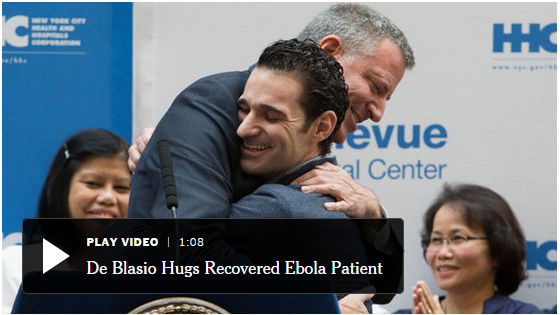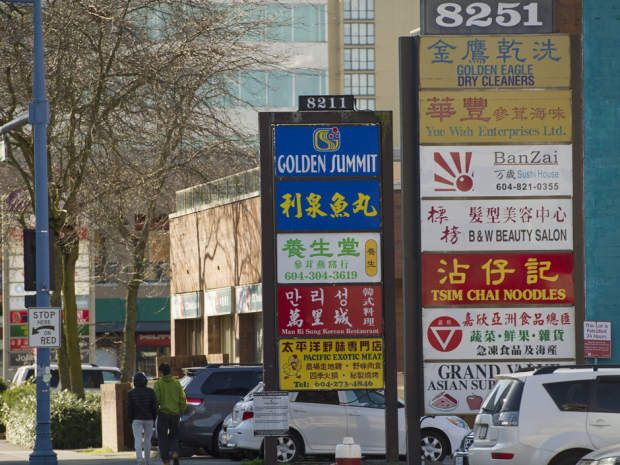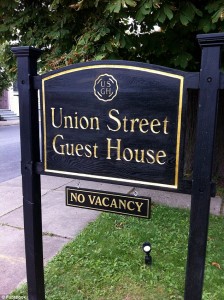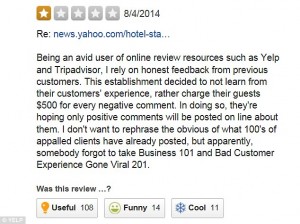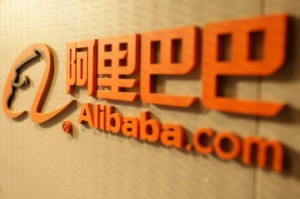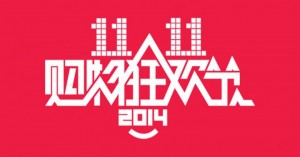If the United Nations was fully funded, why do we still need Arc or social enterprises?
Although the United Nations is indeed fully funded, it is a global organization striving to eradicate world problems it struggles to be “down to earth”. As once an active member of the Model United Nations back in high school, I realized that although member nations come together in hopes to resolve world issues, at the end of the day, a little bit of politics is inevitably involved. For instance in the Security Council, the US and about 6 others hold rights called the Veto Power in which they’re allowed to reject any resolutions if they feel it is “unsuitable”. With so many member nations of different political and socioeconomic circumstances, there will be difficulties in providing sustainable help to those in need.
Hence, the Arc initiative and other social enterprises must exist. Through the Arc, entrepreneurs of the local area can help its local community. Social enterprises often employee those in impoverished areas of the world. Instead of spoon feeding money or food whenever they need it, providing employment or education allows the whole community to grow in the long term, which can be much more socioeconomically sustainable.

